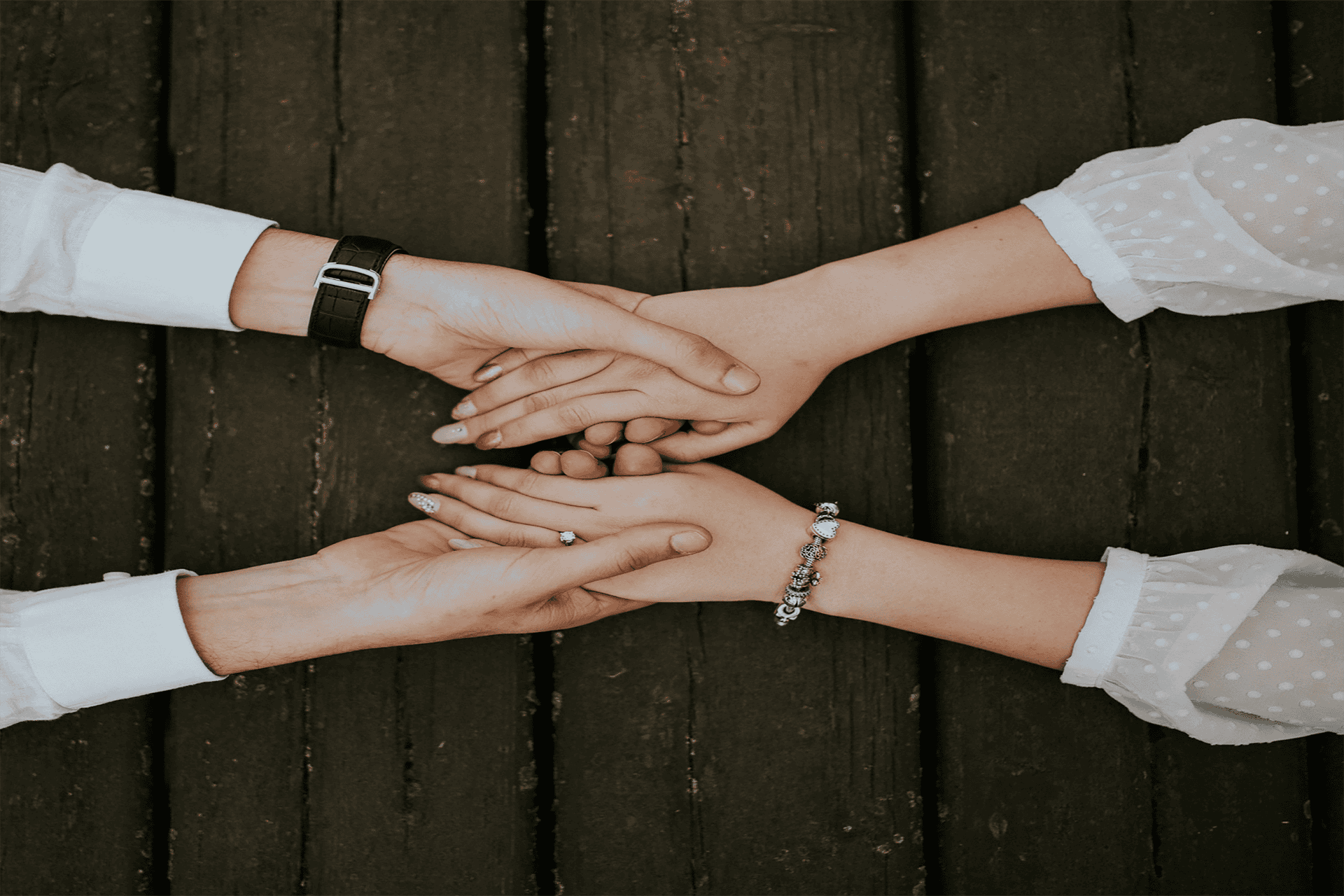Being so in love with your partner can truly sweep you off of your feet and make you get caught up in your feelings. You may lose track of where you end and your partner begins. Although this type of familiarity may sound comforting, codependency can be very toxic in relationships. Being able to distinguish codependency from love is incredibly important. If you feel like you may struggle with this, you are definitely not alone. Keep reading to learn how you can spot the signs of codependency in your relationship.
What is codependency?
In an adult, romantic relationship, your life will certainly become entangled over time with your partner’s. However, relationships are meant to be mutually beneficial to each participant. Generally, engaging in a codependent relationship means that one party benefits far more than the other.
In a codependent relationship, one person acts as the giver. This partner will consistently sacrifice their own needs for the benefit of the other member. The second partner is referred to as the taker. Sometimes, the taker is not even fully aware of their actions; they simply think their partner is incredibly dedicated and selfless. No one party is at fault in a codependent relationship.
Codependent relationships are incredibly common in situations of substance abuse. If one partner is suffering from addiction, the other partner will usually do everything in their power to make sure that their needs are met and satisfied. The person with an addiction will rely more heavily on their partner and will probably be needier as well.
Seeing the signs of codependency
Since codependency can look different in every relationship, recognizing the signs of it is very important. Once you recognize your codependent tendencies, you can begin to break the habit. The following are some warning signs that you may be engaging in a codependent relationship.
- Lack of boundaries: While vulnerability and honesty are important in relationships, maintaining some boundaries are healthy as well. Be mindful of not being controlling and overstepping these boundaries.
- Poor communication skills: A codependent relationship may have you afraid to voice your thoughts and opinions to your partner. These poor communication skills can be an indication that something is not right.
- Value of your partner’s opinion above your own: It is completely normal to value what your partner thinks. But their opinion should not hold more weight than your own when it comes to your choices.
- Unhealthy feelings of responsibility: If you are in a codependent relationship, you may feel completely responsible for your partner’s happiness. This is rarely the case, and I encourage you to reframe that thought.

Is being codependent really that bad?
At the end of the day, being codependent is not the end of the world. Although it is not necessarily healthy, some people are simply more reliant on their partner than others. If you do find yourself missing your sense of independence, I encourage you to try a few of the following techniques.
- Set aside time for yourself: Remember, you are allowed to pursue interests outside of your partner’s. Do not forget to carve out a little “me time” every week to focus on yourself.
- Keep your boundaries firm: This can be very challenging. Keeping the boundaries firm between you and your partner and what you deem appropriate in your relationship is the best way to reduce codependent tendencies in a relationship.
Ultimately, each relationship is different. If you find your relationship style works for you, then take this advice with a grain of salt. However, I strongly recommend that you take a strong look at your relationship. If you feel as if you and your partner could use a helping hand to disentangle your lives a bit, couples counseling may be the right option for you. Reach out today to make an appointment.

